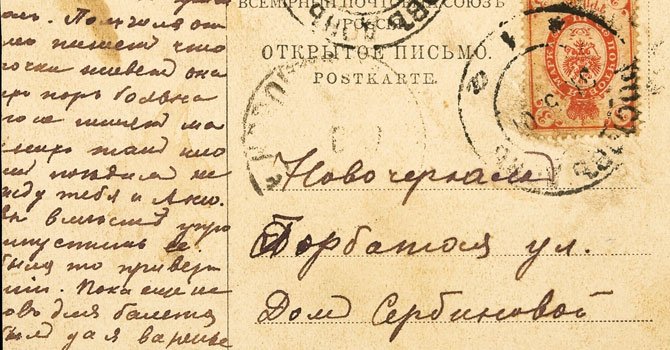
© 2015 50plus Senior News, All rights reserved.
The Search for Our Ancestry: What Does that Mean in English?
Angelo Coniglio | Apr 9, 2014, 6 a.m.

I often receive letters or email correspondence with queries similar to the one below:
Q: I followed the suggestions you made for finding records of my Sicilian ancestors. I have ordered Mormon microfilms of birth, marriag,e and death for our ancestral town. The films have arrived at my local Mormon FamilySearch Center, where I can view them on a microfilm reader and make paper copies of the ones I want.
The problem is, the records are not in English, and neither are some records that I found online. I don’t know if they’re in Sicilian or Italian, but I never learned either, so how do I interpret the records?
– I.M. Stunatu, Lancaster
A: Images of records on Mormon microfilm, or on Ancestry.com, hereafter referred to as “Ancestry,” or on other online sites are naturally in the language of the locality where they were made, whether it be English, German, Italian, or some other tongue.
This adds to the difficulty faced by a novice researcher who may be unfamiliar with the language of his/her forefathers.
One source of help in translating foreign records would be a book or pamphlet dealing specifically with research of individuals from a particular country. There are numerous such books that can be found in public libraries or at Mormon FamilySearch Centers, as well as in online searches.
The following are not to be considered endorsements by me, but simply examples of the type of material available: Discovering Your Italian Ancestors by Lynn Nelson, Finding Your German Ancestors by Kevan M. Hansen, Finding Your French-Canadian Ancestors by Louise St. Denis—you get the idea!
Such books not only give simple instruction about the appropriate language, but also provide a wealth of other information: formats of typical records from different eras, with translations; hints on reading and understanding handwriting in 100-year-old script; words for numbers in the native tongue; and a list of genealogical phrases in the original language and their translations, like father, place of birth, occupation, etc.
Other sources include dictionaries or online lists of words for Italian-English, German-English, French-English, and other languages—for example, FamilySearch’s Italian Genealogical Word List (https://familysearch.org/learn/wiki/en/Italian_Genealogical_Word_List) and their German Word List (https://familysearch.org/learn/wiki/en/German_Word_List).
A little “creative Web browsing” may help you find similar lists for the language you want.
Or you can use an online translator, the best of which I believe is the free site Google Translate. It allows you to enter a word (or phrase) in any of 60-plus languages, including Latin, and translate it into any of the other languages.
A word of caution when using a translator: Many words or phrases simply don’t translate from one language to another, and a word may have several meanings. The translation you get may be the wrong meaning.
If you’re translating from English to another language, be sure to use perfect spelling and syntax. Avoid using abbreviations. Don’t say “his father’s house” but instead say “the house of his father.”
Similarly, when translating from another language into English, try to spell the word or phrase exactly as you see it in the record.
In the case of the reader who sent this month’s question, her family’s records are in Italian (civil records) and Latin (church records). Though Sicilian was the spoken language in most of the Mezzogiorno, the official written language was Tuscan (Italian).
Other nations’ civil records would be in the national language, but most church records would be in Latin, regardless of the country.
|
Write to Angelo at genealogytips@aol.com or visit his
website, www.bit.ly/AFCGen.
He is the author of the book The Lady of the Wheel (La Ruotaia), based on his genealogical research of Sicilian foundlings. For more information, see www.bit.ly/SicilianStory. |





